Eugene Caruso
Professor of Management and Organizations and Behavioral Decision Making, Bing (’86) and Alice Liu Yang Endowed Term Chair in Teaching Excellence, Faculty Co-Director, Inclusive Ethics Initiative
About
Eugene Caruso’s interest in the psychology of judgment and decision making developed as an undergraduate at Princeton University. Caruso began his career in customer research with the marketing firm Digitas, analyzing the decision making habits of consumers, and returned to academia to earn a Ph.D. in social psychology from Harvard University. His dissertation explored some differences in how people perceive events that have already happened in the past compared to those that will happen in the future, with an emphasis on understanding the implications of these differences for moral and ethical decision making. The theme that persists in his research is a fascination with how two or more people who are looking at the same information, or the same seemingly objective facts, can come to very different conclusions. Prior to joining the UCLA Anderson faculty, Caruso was an associate professor in the Behavioral Science program at the University of Chicago Booth School of Business.
Topics

14 Articles
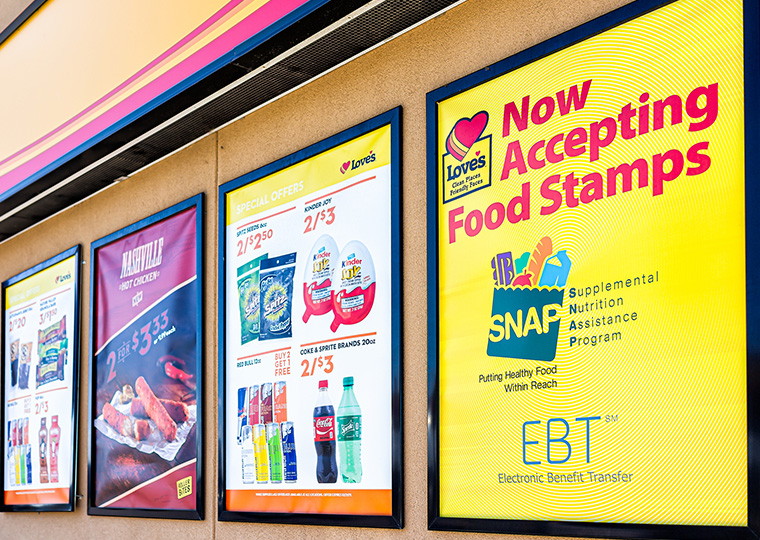
Research on Food Assistance Attitudes Shows People Overestimate Stigma Around Welfare
But correcting this misperception doesn’t necessarily boost applications
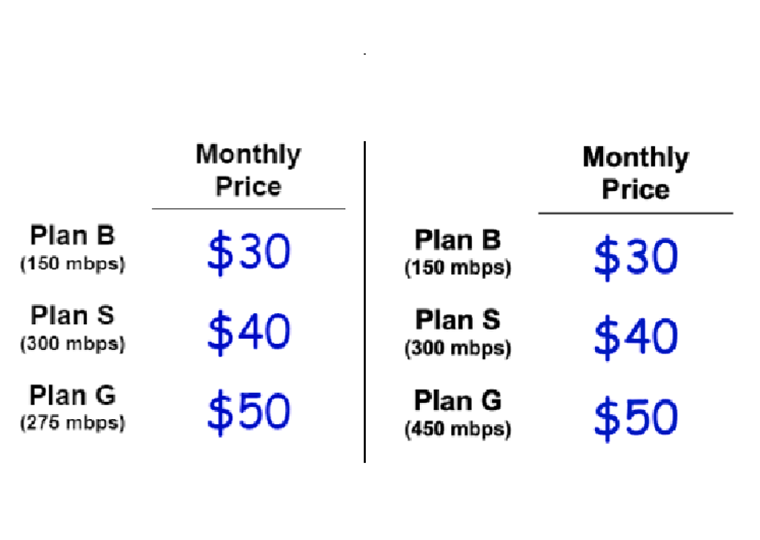
A Common Marketing Nudge Can Foster Consumer Distrust
Placing an inferior ‘decoy’ option in a menu of choices can trigger people to take their business elsewhere
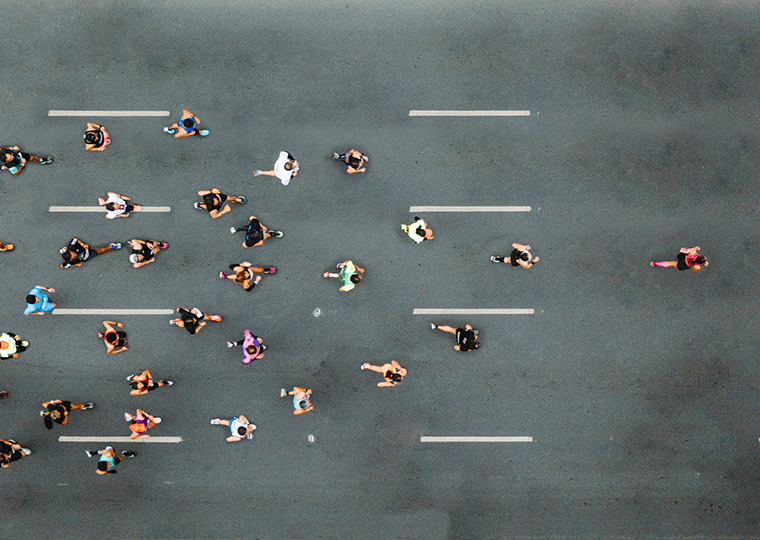
Experts Struggle to Accurately Forecast Societal Change
On COVID-19’s impacts, social scientists’ predictions weren’t much better than those of laypeople
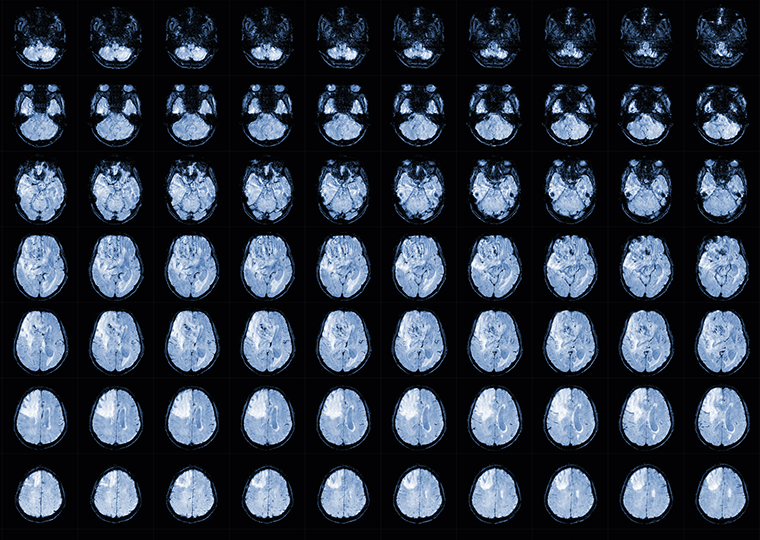
‘They Were Already Inside My Head To Begin With’
The ethics of asking brain surgery patients to allow unrelated research while on the operating table
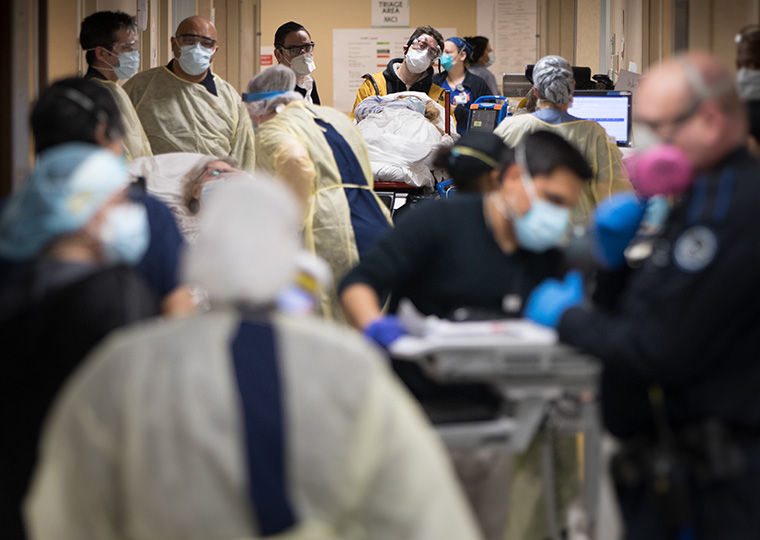
Exhausted Doctors Less Likely to Prescribe Pain Meds
At the end of a night shift, empathy for patients’ hurting seems diminished
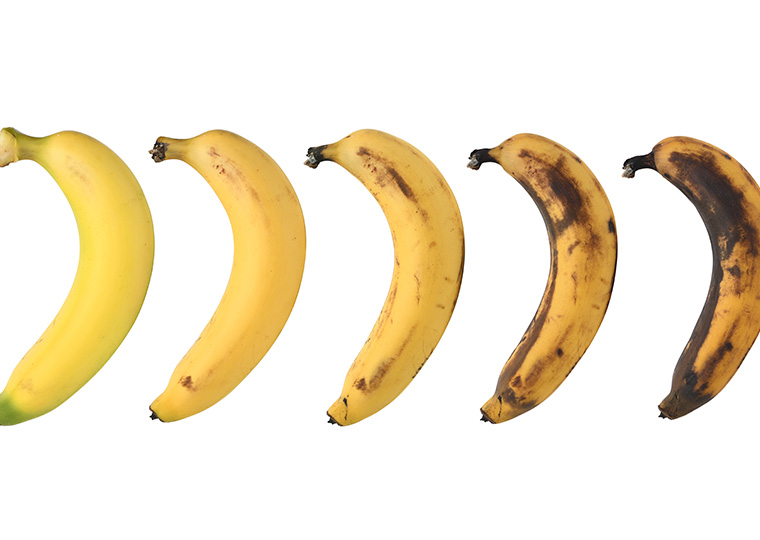
Gesturing Left to Right for Passage of Time Occurs by Age 6
Cultural norms — reading and the calendar — affect native English-speakers’ motioning constructs
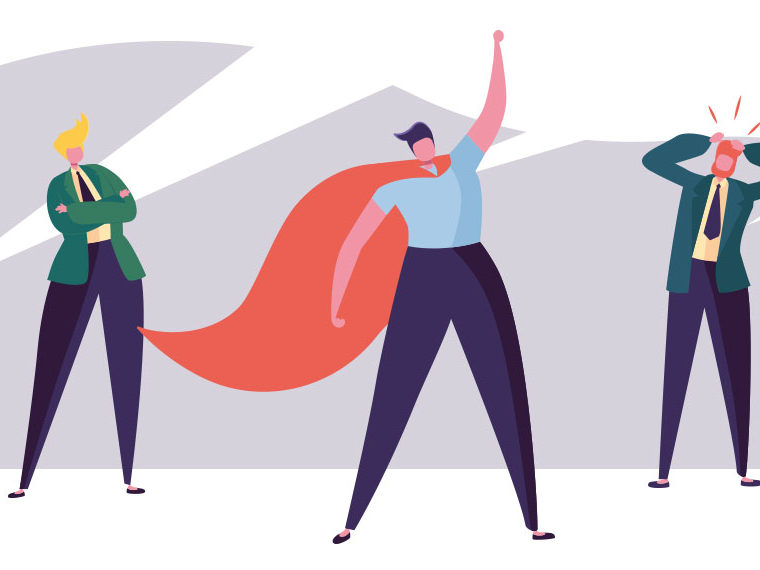
Collaboration’s Downside: Individuals Take Too Much Credit
Not just the office jerk. Even good colleagues overclaim. Managing around this destructive dynamic isn’t straightforward
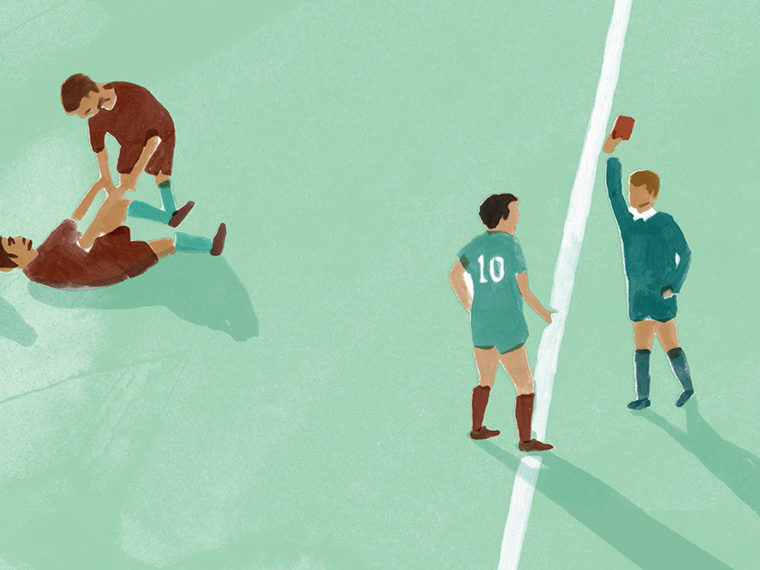
Is a Bad Deed That Goes Unpunished Less Bad?
In experiments, immorality and harm are deemed more extreme merely because an act was punished
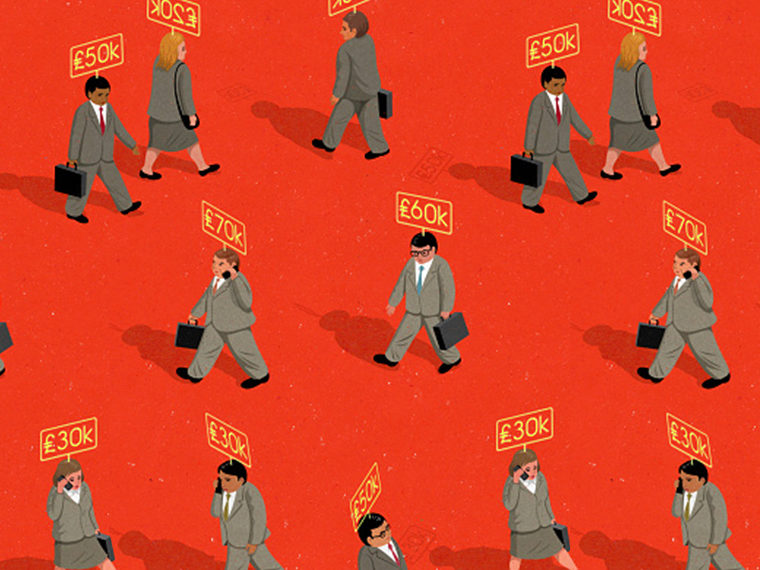
Employees Are OK with Unequal Pay — If They Have a Say in It
Workers involved in compensation decisions might accept a co-worker’s better deal if management didn’t unilaterally decide

Future Bias Is Present by Middle School
By age 10 or earlier, kids are putting more weight on the future than the past — just like adults
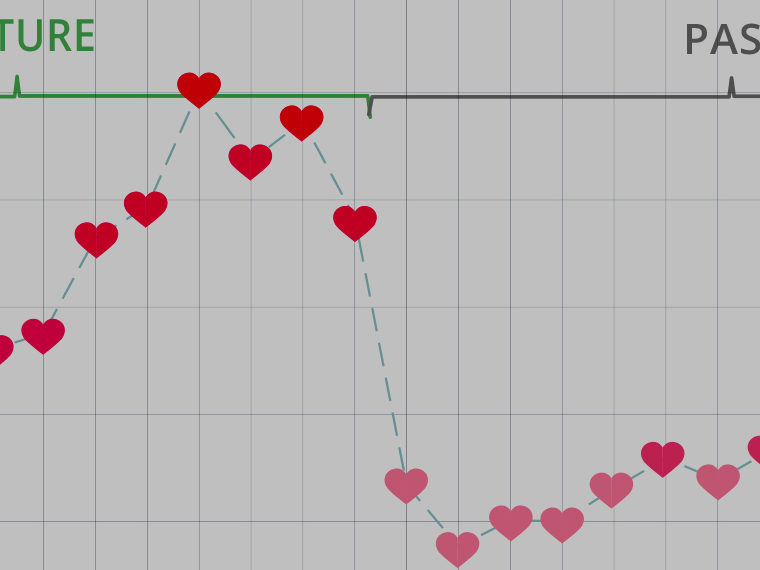
Our Envy of Prospective Events Is Greater Than of Those Past
That’s helpful information in a social media world filled with friends who do enviable things
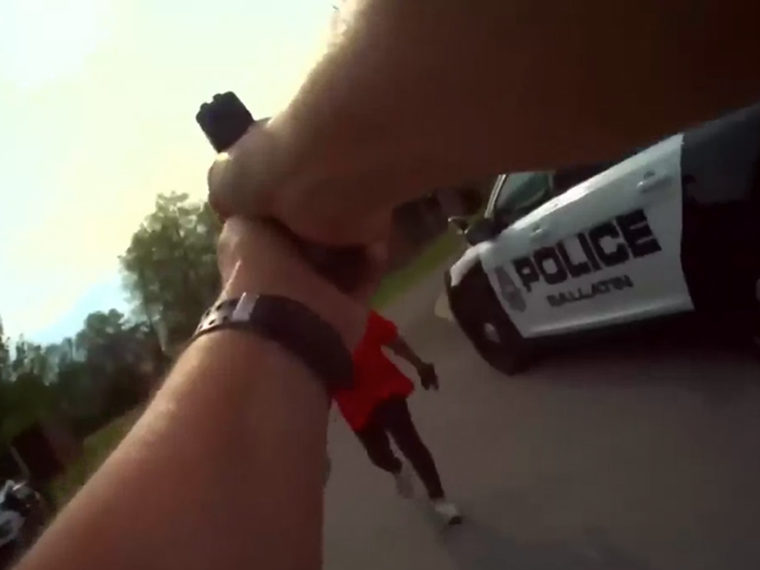
Do Body Cams Give Police an Unintended Break?
Video from officer-worn cameras is judged less negatively than footage captured on dashboard cameras
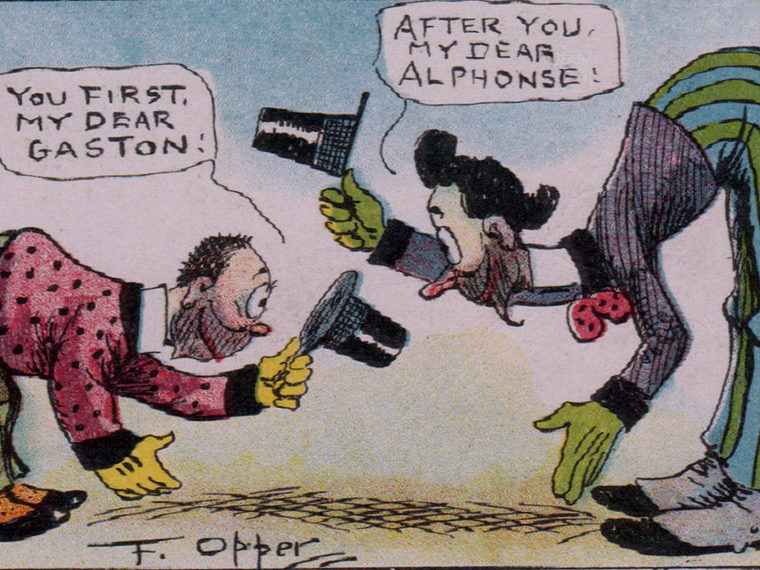
The Surprising Power of Giving Up Choice Control
Abdicating a decision to someone else is viewed as an act of generosity that is handsomely rewarded
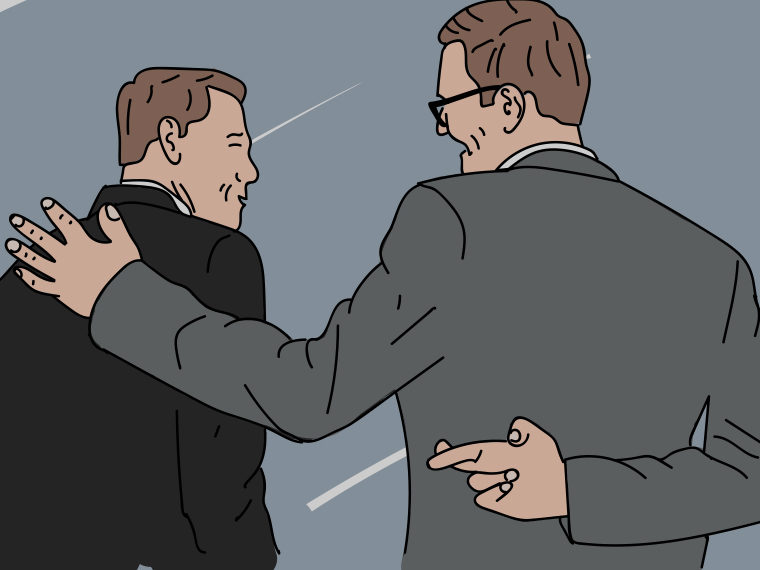
Being Biased against Friends to Appear Unbiased
If the boss is your friend, and compensation decisions are public, a bonus you’d get on merit might not be forthcoming